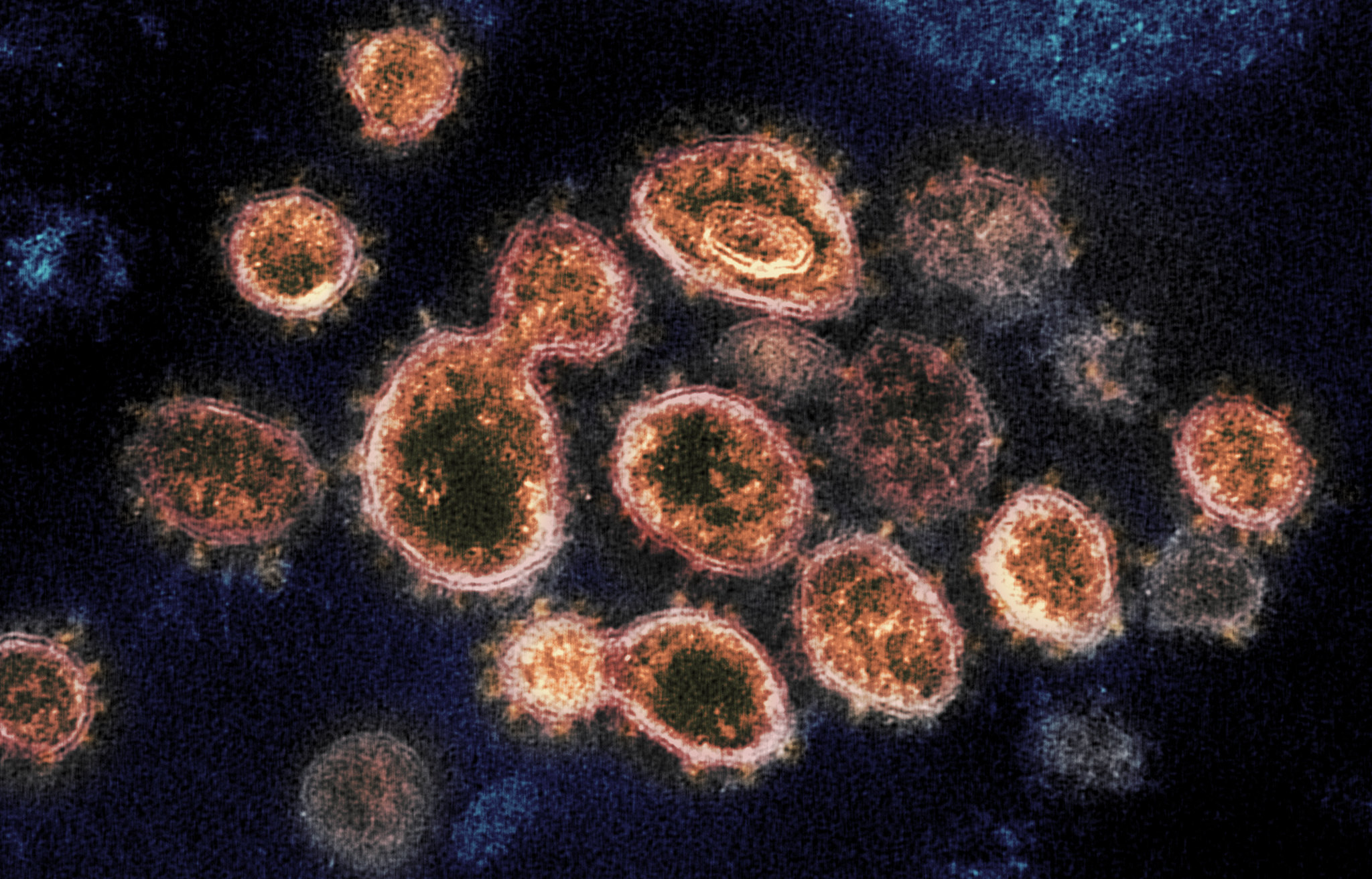
Credit: National Institute of Allergy and Infectious Diseases-Rocky Mountain Laboratories, NIH
As governments across the world are spending millions for antibody tests, WHO has issued a Scientific Brief, stating “There is currently no evidence that people who have recovered from COVID-19 and have antibodies are protected from a second infection. ”
The Quebec government has suggested that reopening schools and daycares could be a way to both kick−start its economy and slow the transmission of COVID−19 in the province. Quebec’s public health director, Horacio Arruda, told a news conference it was “very excessively rare” for children to develop severe symptoms from COVID−19. Allowing them to catch the virus and become immunized would help the wider society, he said.
According to the brief, “Some governments have suggested that the detection of antibodies to the SARS-CoV-2, the virus that causes COVID-19, could serve as the basis for an “immunity passport” or “risk-free certificate” that would enable individuals to travel or to return to work assuming that they are protected against re-infection. There is currently no evidence that people who have recovered from COVID-19 and have antibodies are protected from a second infection.”
It goes on to state, “Most of these studies show that people who have recovered from infection have antibodies to the virus. However, some of these people have very low levels of neutralizing antibodies in their blood, 4 suggesting that cellular immunity may also be critical for recovery. As of 24 April 2020, no study has evaluated whether the presence of antibodies to SARS-CoV-2 confers immunity to subsequent infection by this virus in humans.”
According to WHO, people should not assume that they are immune from getting a second infection as no study to date has suggested that they will not be reinfected. If people are given an “immunity passport” or “risk-free certificate” it might increase the risks of public transmission because they might be infected and still be out in public.







